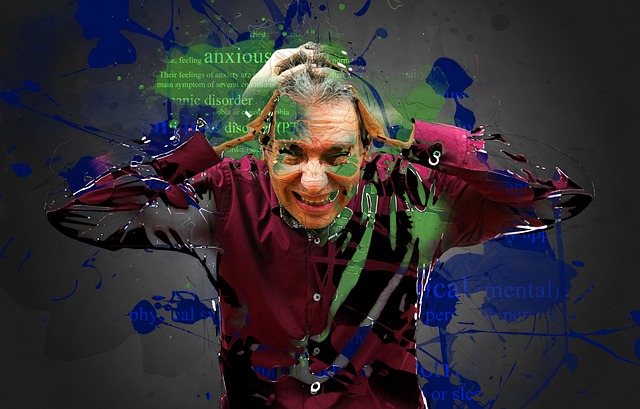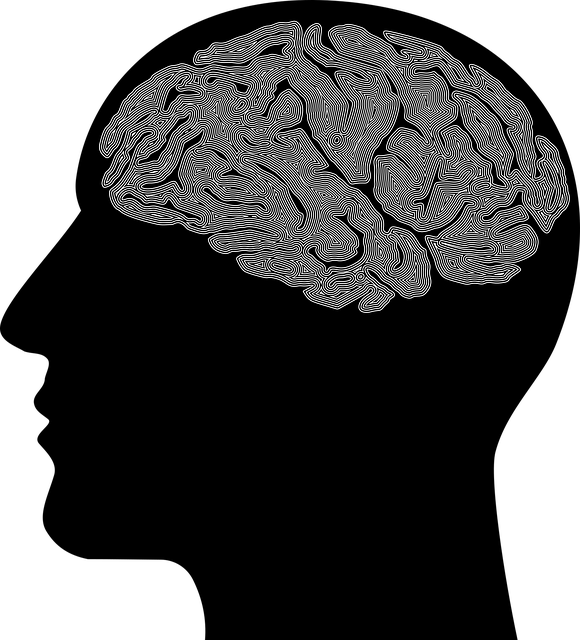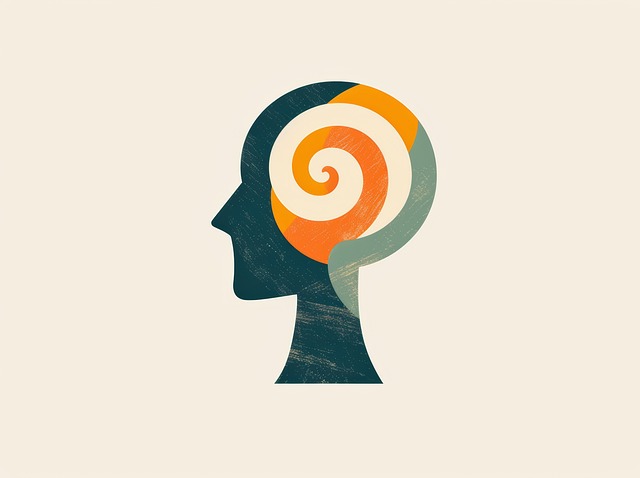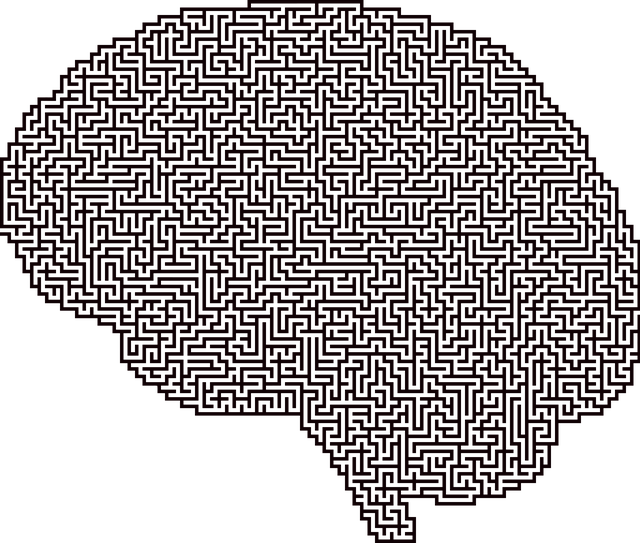Mental health education is crucial for educational success, focusing on emotional well-being as a daily practice. A comprehensive curriculum should include stress management, conflict resolution, self-care, and resilience building. Wheat Ridge Biofeedback Therapy offers a revolutionary approach using Mind Over Matter to empower individuals to control physiological responses, manage stress, and build mental resilience. Integrating evidence-based practices, interactive activities, and assessments fosters a thriving Mental Health Awareness culture. This holistic method enhances self-care and drives systemic change through strategic planning and evaluation.
Mental health is a cornerstone of overall well-being, yet education in this area remains insufficient. This article explores the design of an educational program focused on mental health, with a specific emphasis on integrating Wheat Ridge Biofeedback Therapy. We delve into creating a comprehensive curriculum that demystifies mental health, covers various biofeedback techniques, and provides practical applications for participants. By combining theoretical knowledge with hands-on experience, this program aims to empower individuals to take control of their mental health through evidence-based practices like biofeedback therapy.
- Understanding Mental Health: Creating a Comprehensive Curriculum
- Integrating Biofeedback Therapy: Practical Application and Benefits
- Implementing and Evaluating the Program: Best Practices for Success
Understanding Mental Health: Creating a Comprehensive Curriculum

Understanding Mental Health is a cornerstone of any comprehensive education program. It begins with defining mental health beyond mere absence of illness, embracing its dynamic nature and emphasizing the importance of emotional well-being in daily life. A robust curriculum should integrate various aspects such as stress management, conflict resolution techniques, self-care practices, and resilience building. By incorporating these elements, participants gain practical tools to navigate challenges and promote their own mental wellness.
Wheat Ridge Biofeedback Therapy offers valuable insights into the physiological aspects of mental health. Integrating knowledge from this field ensures a holistic approach where mind and body are recognized as interconnected entities. Furthermore, complementing theoretical learning with interactive activities, case studies, and group discussions fosters active engagement. This dynamic approach facilitates better comprehension and encourages the adoption of healthy habits that can be sustained over time, ultimately contributing to a thriving Mental Health Awareness culture.
Integrating Biofeedback Therapy: Practical Application and Benefits

Biofeedback therapy, rooted in the principles of Mind Over Matter, offers a powerful tool for mental health education programs. This non-invasive technique empowers individuals to gain control over their physiological responses, fostering a deeper understanding of mind-body connections. By participating in Wheat Ridge Biofeedback Therapy, program participants learn to regulate stress and anxiety through real-time feedback, enabling them to make conscious adjustments to their mental state.
Integrating biofeedback into community outreach program implementations enhances self-care practices by providing practical skills for managing stress. The benefits extend beyond relaxation; biofeedback allows individuals to track progress, develop resilience, and cultivate a sense of agency over their well-being. This evidence-based approach can significantly contribute to the holistic improvement of mental health, making it an invaluable component in comprehensive education initiatives.
Implementing and Evaluating the Program: Best Practices for Success

Implementing a mental health education program requires careful planning and strategic evaluation to ensure its success and long-term impact. At Wheat Ridge Biofeedback Therapy, we’ve found that combining evidence-based practices with engaging educational formats is key. Incorporating Mental Wellness Journaling Exercise Guidance allows participants to reflect on their learning journey, track progress, and cultivate self-awareness—all vital components of emotional healing processes.
Regular assessment through both qualitative and quantitative methods is essential. This includes collecting participant feedback, tracking behavioral changes, and measuring the program’s influence on mental health policy awareness (as demonstrated in our Mental Health Policy Analysis and Advocacy initiatives). By adopting these best practices, we can create dynamic learning environments that empower individuals to take charge of their mental wellness and foster systemic change.
Mental health education programs, such as those incorporating Wheat Ridge Biofeedback Therapy, are powerful tools for fostering well-being. By addressing the root causes of mental health issues through comprehensive curriculum design and practical therapy integration, these programs can significantly improve outcomes. Effective implementation and evaluation strategies ensure success, allowing individuals to navigate their mental health journeys with increased awareness and resilience. This holistic approach to education empowers folks to take charge of their mental wellness, ultimately enhancing their overall quality of life.









